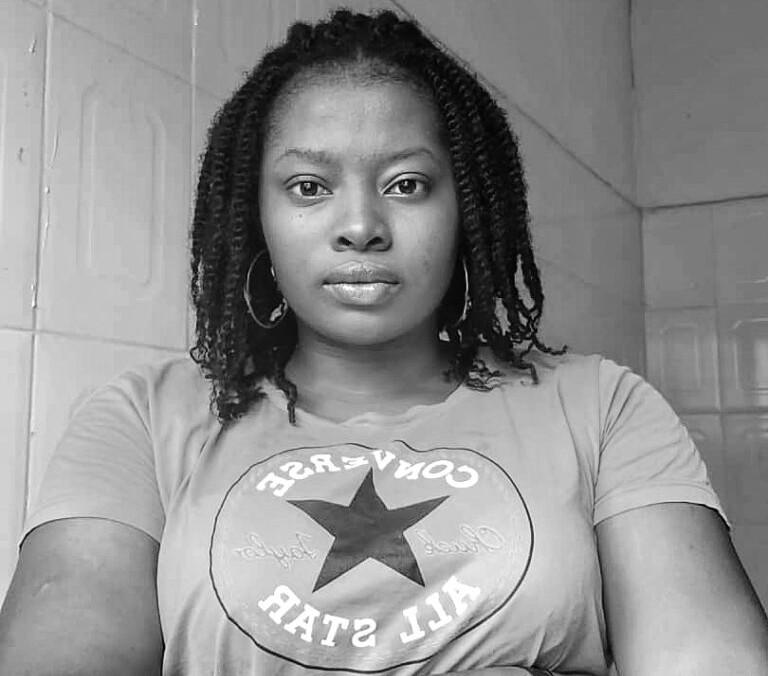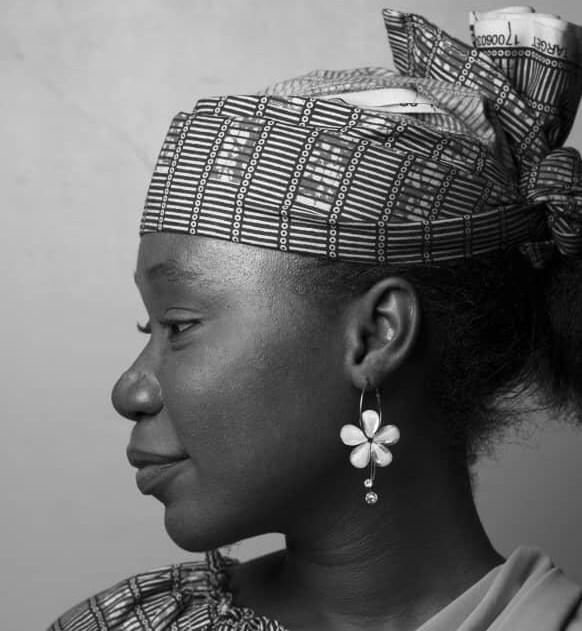By ZAINAB ONUH-YAHAYA / African Arguments/ – In early October 2020, thousands of young Nigerians took to the streets in over twenty cities to protest against police brutality. The demonstrations initially called for the abolition of the notoriously abusive Special Anti-Robbery Squad (SARS), but soon intensified into demands for comprehensive police reform, an end to bad governance, and justice for victims of police violence. The #EndSARS protests quickly attracted global attention as they found common ground with other movements against police brutality. The Nigerian diaspora organised accompanying protests from Berlin to New York.
On the night of 20 October, fourteen days after the #EndSARS protests started, they came to an abrupt end. Earlier that day, the Governor of Lagos State, where the protests started, hastily announced a curfew to restore “law and order” and claimed the movement had been hijacked by hoodlums. Protesters gathered nonetheless at the Lekki Toll Gate, a major thoroughfare and the movement’s biggest protest site, singing the national anthem and waving the national flag.
Around 6.30PM, a band of armed soldiers arrived at the scene. Minutes later, they started shooting at protesters, unprovoked. To date, no one knows exactly how many people were killed but Amnesty International estimates at least 12. The evening has since come to be known as the “Lekki Massacre”. The government initially denied its Army was even present at the scene or shot at protesters. Then it later admitted they were present but did not fire live rounds.
Weeks later, judicial panels were set up across the country for survivors of police brutality to share their experiences and hopefully secure justice and compensation, two of protesters’ demands. But the actions or conclusions of these processes will not be binding or enforceable. Six months after the protests and the shootings that ended it, the nation is still in collective, yet very personal grief. There are still many questions that need answering.
African Arguments spoke to a cross-section of Nigerians on how they are moving on after this national tragedy, what makes them hopeful still about the suspended #EndSARS movement, and whether they think justice will be served.

Ada Iloanya. Credit: Ada Iloanya.
Ada Iloanya‘s 20-year-old brother Chijioke Iloanya disappeared in 2012. He was reportedly last seen in SARS detention in Awkuzu, Anambra State. In 2013, on hearing that a dozen bodies were floating in Ezu River, allegedly deposited there by SARS, Chijioke’s father swam in the river, turning over each corpse, but did not find Chijioke’s body.
“On the night of the Lekki Massacre, I suffered from a lot of survivor’s guilt. A lot of protesters who were out there were out because of what had happened to people like my brother. People had been at the tollgate that night because they believed that everyone who had lost their lives to police brutality deserves justice, that my brother deserves justice. And that was perhaps the most devastating part – that everyone at the Lekki tollgate that night became victims of police brutality because they were demanding justice for victims of police brutality. I wondered that night, and many days and nights after, how many people had been there because of Chijioke Iloanya, and I blamed myself because if I hadn’t been so vocal about what happened to my brother, perhaps they wouldn’t have been. Perhaps my silence could have saved some people.
I’ve had to seek therapy, provided for by the Feminist Coalition, and although living with the memory of that night is still painful, I am learning to deal with it. That is why it was horrifying when the tollgate was said to be reopening. When news of arrests and brutalising of people who were about to protest this reopening, and even bystanders, reached me, it was a very triggering reenactment of an all too familiar modus operandi of oppression and brutality by the Nigerian Police Force.”

Hauwa Nuhu Shiffi: Credit: Hauwa Nuhu Shiffi
Hauwa Shaffii Nuhu is a 22-year-old poet who participated in protests in Minna, Niger State.
“We tried to have a protest in my city – Minna, Niger State – but it wasn’t very big. Still, it was heartbreaking because the police kept trying to frighten us. They were so, so angry at the fact that we dared to say “stop killing us”. I was so stunned at the fury. The events of the night of the Lekki Massacre are not the sort of thing that one just gets over, especially because a lot of us watched the Livestream. I still have nightmares about it, I still randomly burst into tears when I remember it. One time I was at the bank, and on the TV during those brief commercial breaks where they just show a ‘mashup’ of different historic times and videos, a very short clip of the police firing water canisters at protesters in Abuja played, and I just started crying. because the events of those two weeks just rushed over me again. We asked to not be killed and we got killed for it.
I think we’re at a place where our collective consciousness has peaked or been awakened, and what this has done is to kill our hitherto usual strategy of decrying something bad on social media for a few hours and then going back to normal. Now, we are ready to stay on the matter for as long as it takes to get a reaction from the appropriate body. That is huge. That is very huge. Now I want this to translate to an informed voter turnout when the elections come.”
Read the full story on African Arguments






